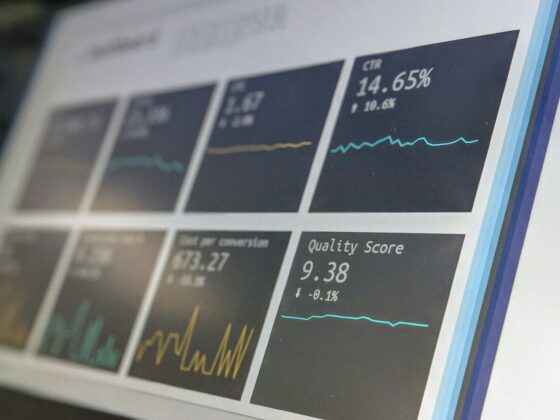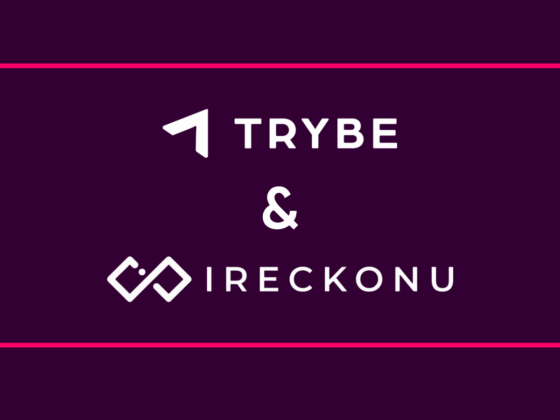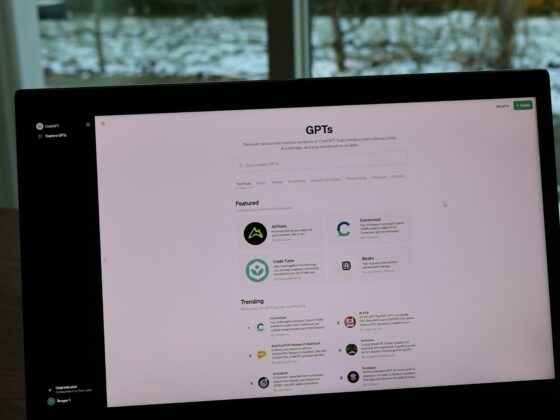
Too many companies are still only thinking about AI as a cost savings tool rather than as an engine for growth.
Every company has a list of great ideas that sit below the line because there aren’t enough people, time, or resources to make them happen. AI changes that calculus. Organizations can now expand their capacity with fewer tradeoffs. Work that once required entire departments can now happen faster with smaller teams.
Unfortunately, too many companies are still only thinking about AI as a cost savings tool rather than as an engine for growth. This is driven by a scarcity mindset, focused on preservation: how to protect what already exists, spend less, scale back.
But AI is a tool of abundance. It gives us the power to do more and create at a scale we’ve never known. Organizations that approach AI as a way to multiply what they create will be so much more successful than those that use it to subtract. Of course AI will generate efficiencies, but it can do so much more than that. If one company is busy reducing its workforce by half, and another is using AI to double its capacity, which do you think will thrive?
People always ask me how OpenAI is able to grow so fast and do so much with only around 3,500 employees. A big part of the reason is that we are multiplying ourselves using AI. Nearly all our engineers use Codex, and those who do merge 70% more pull requests each week. That’s allowing us to tackle new opportunities with much higher velocity. Our sales team is seeing a 20% lift in productivity from a tool built on our platform; as a result, we’re hiring even more, since we get so much more revenue per sales person than most other companies. All across the company, AI is helping us meet the scale of our ambition.
When we look at how other organizations are using ChatGPT, we see a similar story. Estée Lauder sped up how quickly teams can uncover consumer insights by 90%, helping them spot trends sooner and translate data into more creative campaigns and products. With GPT-5, Canva has seen a 44% increase in complex, multi-step creative tasks, which means they can prototype, iterate, and launch new features in record time. Morgan Stanley is enabling its advisers to bring deeper expertise and more personalized guidance to every client conversation: instead of navigating multiple systems, advisors now have access to 80% of the firm’s relevant knowledge at once in an AI assistant built on our platform, up from 20% before.
In a survey of more than 5,000 enterprise users, 95% report that ChatGPT saves hours in their work week. Over 70% said ChatGPT helps them be more creative in their work. It’s also enabling 75% of them to take on new tasks, including work stretching beyond their current skill set. For example, one person said ChatGPT helped them deepen their understanding of key concepts and deliver more innovative work to clients. Another said that complex formulas, which previously required more research, troubleshooting, or help from their boss, are now available at the click of a button.
We also can’t yet see all the new markets and categories of work that will emerge from this technology. It’s rarely obvious at the outset. Even Steve Jobs spent about 8 minutes showing off how phone calls and voicemail worked when he first revealed the iPhone. As exciting as it seemed at the time, this isn’t what changed the world.
The true revolution came from what followed: the app economy, social media, ride sharing and delivery, digital payments… These breakthroughs came from applying first principles and reimagining what this new technology made possible. By doing so, they invented entirely new industries and jobs. The same thing will happen with AI. With every barrier to creation falling, it’s clear we’re on the verge of something much bigger than efficiency.
I’ve long believed that the best companies lift entire industries, not just themselves. With AI, we have the chance to grow the pie at an unprecedented scale and create compounding value throughout the economy. Millions of people will start their own businesses. Big companies can operate more like startups. New roles will appear in sectors long overdue for transformation. And entire teams will form around opportunities that would have fallen below the line in the past.
Research shows that national productivity gains often come from a small number of standout firms that take bold, strategic action. But what if there were more than a few? If every company adopted this mindset and used AI to do more instead of just spending less, the impact on the economy would be transformative.
OpenAI already has over 1 million business customers, and more than 4 million developers have built on our API, powering everything from healthcare and scientific research, to education, commerce, and software development. According to a recent study from Wharton and GBK Collective, nearly 75% of enterprises are seeing positive ROI from Gen AI, and 4 in 5 expect positive returns in the next couple years.
In our own survey, we saw that beyond time and cost savings, more than half of developers at large enterprises are building products that generate income using OpenAI and that our platform has contributed to their company’s growth. These same tools are even more powerful for startups and entrepreneurs that don’t have the same resources as big companies. 74% of developers at small companies and 64% of freelancers say they’re building income-generating products, and 77% of developers at small companies say OpenAI is helping drive their company’s growth.
Our work is to get these numbers to 100%. We’re focused on making it easier for every ambitious organization to apply useful, reliable AI in ways that generate real economic value. As we do, the leaders who harness this technology as a creative multiplier will define the next decade of growth.









